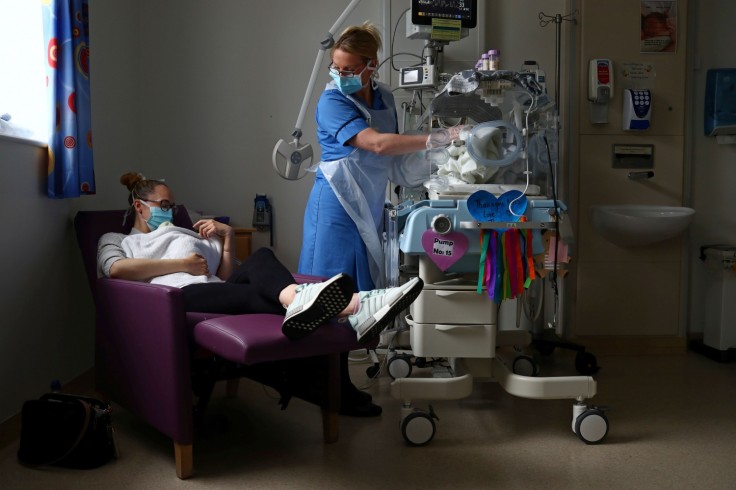
Rebecca Shumard, a newbie mom, recorded herself crying while at her desk at work out of frustration because she was not with her baby, who is at the Neonatal Intensive Care Unit (NICU). She posted the recording on Tiktok.
She only has 12 weeks of maternity leave, but her baby is at the NICU, and it seems like she will have to stay there much longer than her paid maternity leaves. So days after she gave birth, she had to return to work to have enough maternity leave credits to spend with her baby when she got home.
Baby arriving too soon
Shumard was on the 27th week of her pregnancy in the fall of 2021 when she suddenly felt pressure in her lower body. At first, she just thought that she was having Braxton Hicks contraction. However, when the contractions became frequent and more intense, she immediately knew something was wrong.
When she arrived at the emergency room, the medical team tried to stall her birth process a little longer, but it was not working at all. The medical staff told her that she would be having the baby in a couple of hours.
She braced herself to have her little girl sooner than she expected.
Eden, her baby, was born in October at 27 weeks. She weighed 2 pounds and 1.9 ounces and measured 13.5 inches long. The baby also had patent ductus arteriosus (PDA), a congenital condition that leaves the infant with a hole in her artery.
So after birth, Eden had to be transported to another hospital with NICU to facilitate her baby's growth.
Shumard initially planned to use six weeks of paid leave and six more weeks on unpaid leave. The plan was to use her leave credits at once. However, Eden will have to stay in the NICU indefinitely. Hence she decided to return to work while the baby was at NICU to "save" the remaining maternity leaves so she could take care of the baby when she finally came home.
Maternity leave in the US
There is no federal mandate on paid maternity, paternity, or family leave for employees in the US. The six weeks that Shumard referred to is the partially paid time allocated for women who have given birth vaginally in the US. For some businesses, it is covered in short-term disability insurance plans. If one gave birth through C-section, the leave would be eight weeks. These are not leave credits, however. The leave credits are the working parent's salaries protected under the plan for a particular number of weeks.
However, not all businesses have this insurance. In 2020, only 42 percent of the private sector workers had access to it.
On the one hand, the 1993 Family and Medical Leave Act (FMLA) mandates that legal parents take up to 16 weeks of unpaid family leave for birth, adoption, and child foster care. However, one can avail of it if the company has 50 or more employees.
As Dr. Jennifer Lincoln had said, "expectant and new parents are really caught between a rock and a hard place in the United States, because this country does not prioritize paid family leave - we rank dead last with zero weeks of government-mandated paid parental leave."